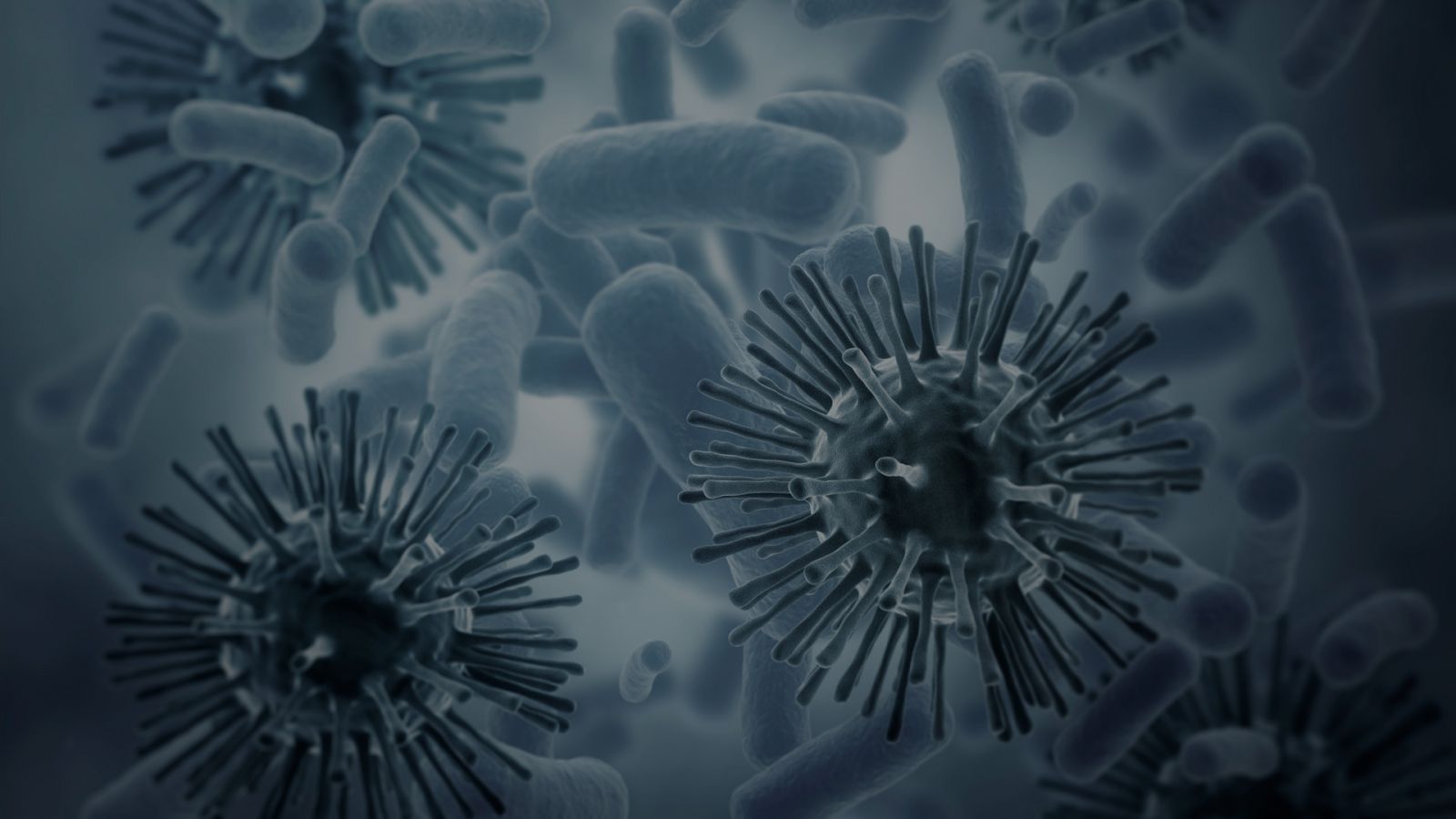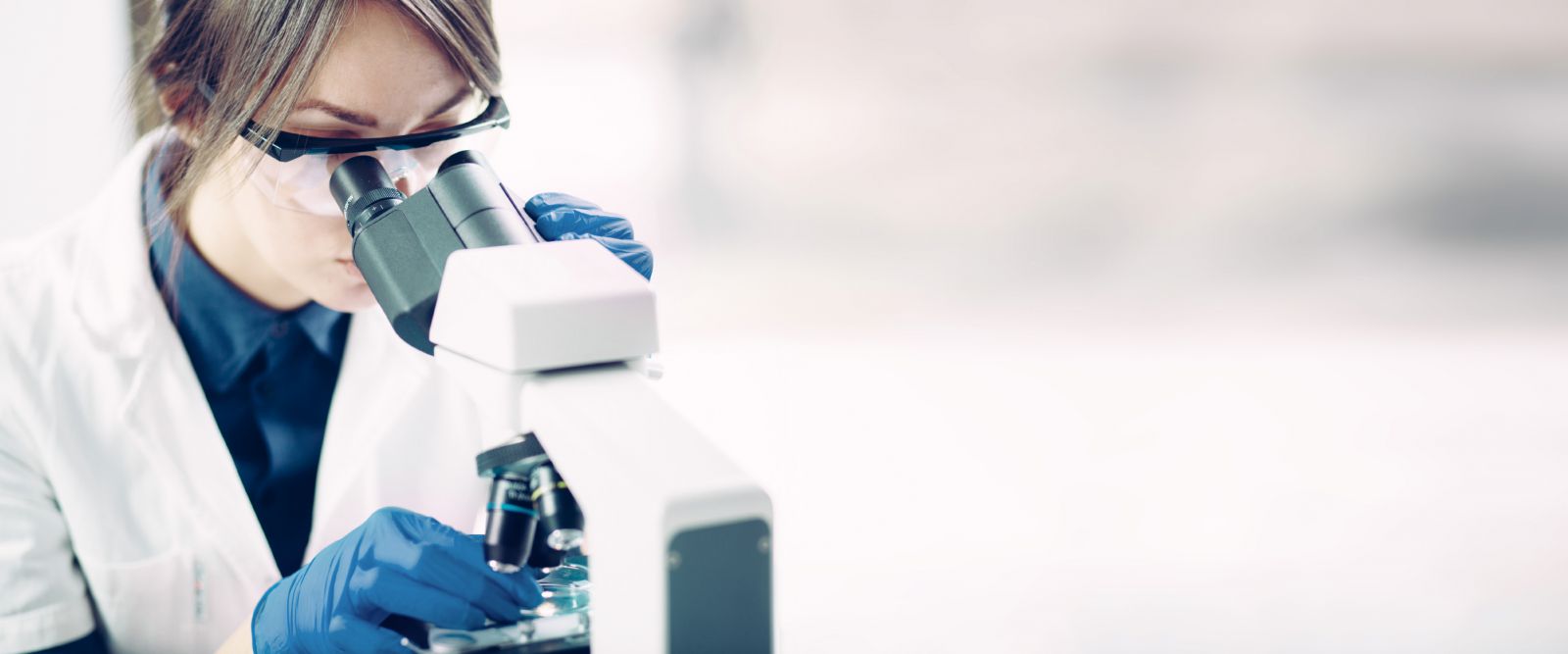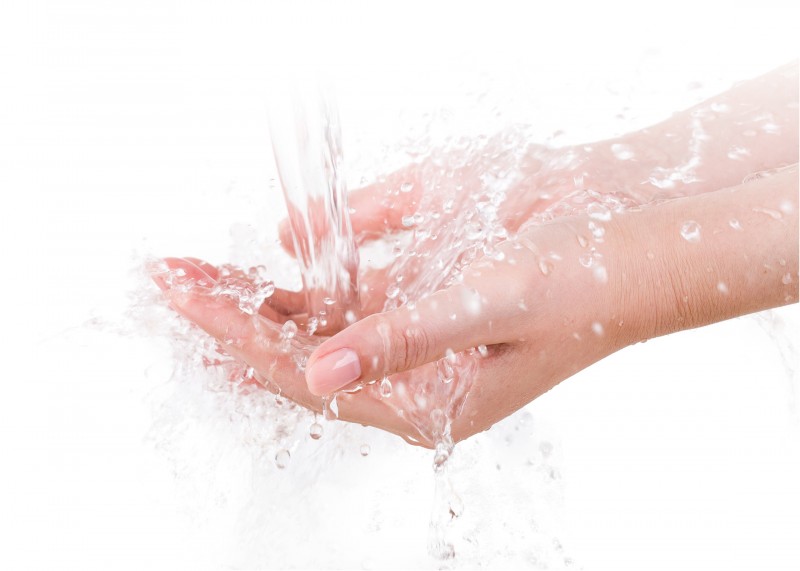SARS-CoV-2 is a new virus of the coronavirus family. It has been genetically associated with the SARS virus since 2003. The coronavirus types can affect humans and animals and cause a variety of different diseases.

Common coronaviruses usually only result in mild cold symptoms (cough and runny nose). In contrast, SARS-CoV-2 virus leads to serious cases of pneumonia in some infected people. According to the latest 'confirmed' cases, "COVID-19" ("coronavirus 2019") has a 3.5% mortality rate (source: WHO, February 2020).
How is SARS-CoV-2 transmitted?
Experts are working on how this virus is transmitted through human-to-human infections, mainly through respiratory secretions. Like other coronaviruses, the best saliva or mucus droplets are transmitted through coughing, sneezing, speaking or direct physical contact with people who are infected with the virus. Larger droplets fall and are transmitted within a meter radius. Smaller droplets remain suspended in the air for a longer time and in some cases can cause infection, even from a distance. Based on WHO preliminary assessment, the new SARS-CoV-2 virus can also survive on the surface for several hours.

There may be a risk of infection even during the incubation period - before the first specific symptoms occur. This poses a special risk in flights, when visiting trade fairs or in international meetings.
What symptoms are caused?
After an incubation period of one to fourteen days, typical symptoms of viral respiratory infection may occur. Symptoms can range from a flu-like infection (cold, cough, runny nose) to a serious case of pneumonia (with fever, cough, shortness of breath). Conversely, sputum or headache is rare. There may be a risk of infection even before any symptoms occur.
.jpg)
How can you protect yourself?
As with the flu virus, the best way to protect yourself is to avoid contact with an infected person, wear a mask, wash your hands often, boost your immune system through exercise, regimen. eat healthy and get enough sleep. To reduce the concentration of viruses indoors, we recommend using an air purifier.
.jpg)

How does the IDEAL AP PRO air purifier help?
The common feature of IDEAL AP PRO air purifier is that it significantly reduces the concentration of pollutants, viruses and germs in the indoor air. In this way, they also help reduce the concentration of coronavirus in the air in enclosed spaces such as houses or offices ... Help prevent the virus from spreading from the first infected person to the space and to people around.
.jpg)
Thanks to the highly efficient multi-layer filter, the AP PRO air purifier series almost completely removes pathogens and pollutants from indoor air, keeping them in the filter and not letting them spread outside. The IDEAL AP Pro product line is certified ECARF quality by the European allergy research center is friendly and ohuf-friendly. Besides, there is HYGIENE certification (from Germany) suitable for medical facilities. The Schwarzkopf Institute in collaboration with the German Institute of Hygiene Mainfranken has studied and concluded that the virus is trapped and complete in the filter, which means that the air passing through the filter will no longer contain any virus.
Indoor air is often worse than we thought. In fact, the risk of contracting Corona virus from people who have been infected but has yet to have specific symptoms is highly likely to occur during flights, conferences, or meetings at preventive or Other enclosed spaces. While the risk of being spread from person to person is not easy to avoid, we can still do something. Reducing the virus concentration in indoor air is an effective and optimal solution. Put air purifiers in meeting rooms, offices and other shared rooms to protect the health of yourself and the people around you.
IDEAL- Brings clean air to life.

Neosys Việt Lợi
© コピーライト NEOSYS VIETLOI CO., LTD

